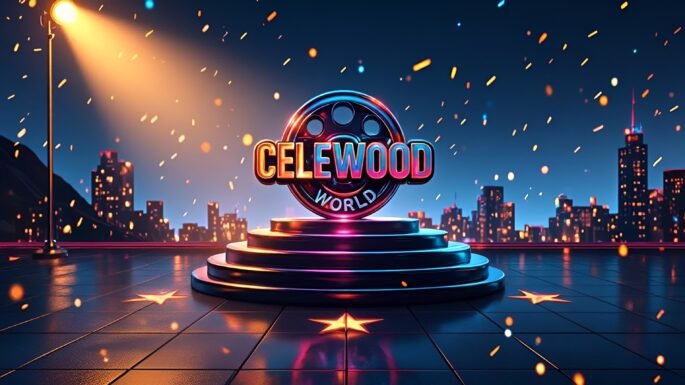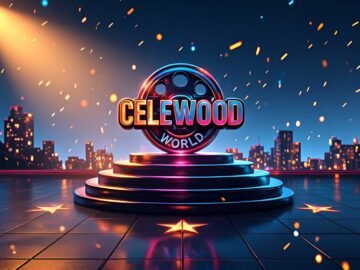Article –
In December 2023, OpenAI introduced a transformative update to its content usage policy that significantly affects the use of copyrighted materials in AI training. This new policy implements an opt-out system, requiring copyright holders to actively state if they do not wish for their works to be used in training AI models. This shift comes amid rising concerns about copyright infringement and the ethical use of AI in creative fields like Hollywood.
Background and Context
OpenAI, known for its advanced models such as GPT-4 and DALL-E, traditionally trained AI systems on vast datasets that included copyrighted texts, images, and other media sourced from the internet. This practice was met with backlash from artists, authors, and entertainment studios due to unauthorized use of their intellectual property. Previously, there was no clear or comprehensive way for creators to exclude their works from these datasets, other than selective licensing agreements which failed to address broader issues.
The newly introduced opt-out mechanism signifies a growing recognition of copyright holders’ control over their creations in the AI training context. It also reflects increasing legal scrutiny as regulators worldwide examine AI companies’ handling of protected content.
Implications for Hollywood
Hollywood is deeply impacted by this policy because it is a prime source of copyrighted content frequently targeted for AI training. The industry produces enormous volumes of valuable intellectual property, including:
- Scripts
- Films
- Music
- Promotional images
The unauthorized use of these works raises significant legal and ethical questions related to ownership, compensation, and creative control.
OpenAI’s opt-out approach places the onus on copyright holders to actively protect their works, potentially prompting faster negotiations between studios and AI companies. This could reshape how AI-generated content incorporates material from protected properties and influence Hollywood’s creative processes across areas such as scriptwriting and visual effects.
Additionally, this development feeds into wider debates on labor rights and fair compensation as AI increasingly simulates human creativity, potentially driving demands for comprehensive agreements balancing AI innovation with protection of creators’ rights.
Stakeholder Reactions
The response to OpenAI’s policy has been varied:
- Industry representatives: A major Hollywood studio spokesperson welcomed the move, emphasizing the importance of protecting creative assets while encouraging technological progress.
- Legal experts: While acknowledging progress, some attorneys warn that requiring copyright holders to opt out may place an unfair burden on many individual creators lacking resources or awareness.
- Artists and writers’ groups: These groups advocate for an opt-in system, arguing it better safeguards creators’ rights and ensures consent is informed and voluntary.
- Fans and the public: There is growing engagement on the ethical implications of AI-generated media within entertainment.
Looking Forward
OpenAI plans to roll out the opt-out system in early 2024, supported by tools and resources to help copyright holders manage their participation. The company also commits to maintaining transparent communication and an ongoing dialogue with creative communities.
In Hollywood, stakeholders are expected to closely monitor the policy’s impact on content usage and negotiation strategies. Potential industry responses include efforts to create collective licensing arrangements or partnerships to regulate AI access to copyrighted material.
From a regulatory perspective, increased legislative scrutiny may define clearer rights and responsibilities for AI content training.
For AI development, this shift could encourage more sophisticated data curation techniques, enabling models to better respect intellectual property boundaries.
In summary, OpenAI’s adoption of a copyright opt-out policy marks a pivotal moment at the crossroads of artificial intelligence and Hollywood’s creative industries. It underscores evolving expectations regarding intellectual property in the AI age and presages substantial changes in how content is created, utilized, and protected.

